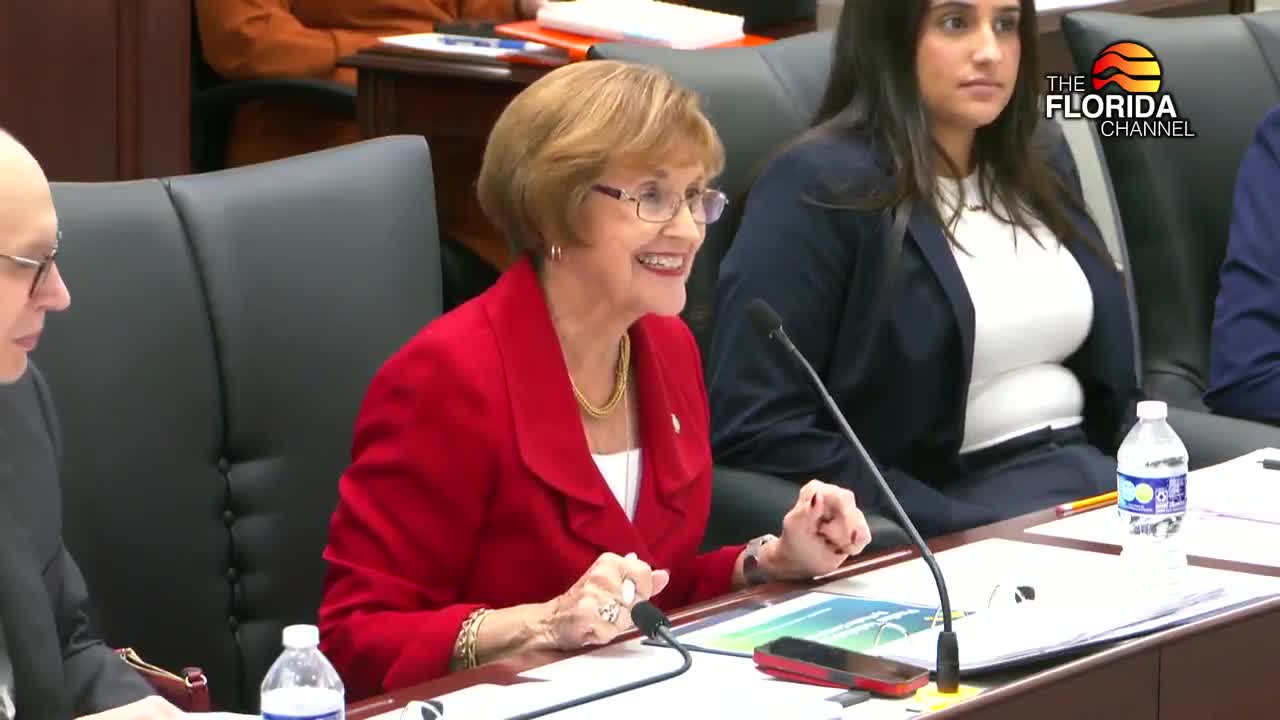Pinellas Technical College cites 90% placement and long waiting lists as funding gap grows
Get AI-powered insights, summaries, and transcripts
Subscribe
Summary
Pinellas Technical College officials told the committee that high placement rates and employer demand are colliding with capacity limits: 35 of 53 programs have waiting lists and many programs lack the operational funding to expand.
Mark Hunter, Executive Director of Career, Technical and Adult Education (representing the district technical colleges), presented Pinellas Technical College as an example of a technical-college system facing capacity constraints and said additional operational funding would allow technical colleges to meet employer demand more quickly.
Hunter said Pinellas Technical College serves about 5,000 students annually, operates two campuses in Pinellas County and partners with roughly 1,200 employers. "Our placement rate in Pinellas from Pinellas Technical College across all of our programs is over 90 percent," he told the committee, adding that graduates contribute about $82,000,000 to the local economy in the first year after graduation, which he characterized as a roughly 400% return on the state's operating investment in the institution.
Demand and capacity
Hunter said 35 of the college's 53 career programs have waiting lists of 20 students or more and that the electrical program alone had a waiting list of 55. He said many programs at technical colleges can be completed in one year or less, creating a rapid path from training to employment.
Articulation and clock hours
On the question of transferring technical coursework into college-credit programs, Hunter said technical colleges use clock-hour instruction and that course-to-course articulation is based on course content and student mastery rather than a fixed seat-time conversion. He described conversion and local articulation agreements as standard practice across districts he has worked in.
Why it matters: Hunter argued that investing operational dollars in technical colleges improves responsiveness to employer needs, supports high placement rates and prevents backlog in high-demand programs. He told the committee that current grant programs fund capital and equipment well but that steady operational dollars are needed for salaries, benefits, and recurring costs that let colleges hire instructors and expand sections.
No formal committee action was taken on funding requests during the hearing.
